We’ve written before on this blog about how Urimat waterless urinals can save an average of 100,000 litres of water per urinal per year, and about what that 100,000 litres of water equates to in real usage terms. Similiarly, our miscea and Conti+ taps use up to 70% less water than traditional taps. But why is saving water important in the first place? Obviously it makes a financial difference – if you’ve got traditional flushing urinals then you’re literally flushing away thousands of litres of water a year, and the cost of that can really add up. Switch to waterless urinals and you’ll see a dramatic reduction in your water bills. However, saving money isn’t the only reason why using less water matters.
Conserving a scarce resource
It’s easy to think of water as an unlimited resource but that’s really not the case. Water is scarce, and fresh water even scarcer. Of all the water in the world, only 3% is fresh, and of that 3% less than a third of one percent is actually available for humans to use – most of it is locked away deep in the earth or frozen in the polar icecaps or glaciers. So, water itself is a very limited resource, but the population of earth is growing all the time. Such fresh water as we have has to be shared around an ever-growing number of people.
Indeed, the UK itself is a much drier country than people generally assume. London is drier than Istanbul, and the South East of England has less water available per person than the Sudan and Syria, and we’re prolific users of water. The typical person in the UK uses 150 litres of water per day directly – that’s for drinking, cooking, washing and so on – but this rises to over 4,500 litres per person per day when you consider the amount of water that’s required to produce and distribute all the products and services we use during the average day. For example, it takes over 20,000 litres of water to product one kilogram of cotton.
Savings lives
In many parts of the world inadequate sanitation is a huge problem. Billions of people without access to sufficient clean water are exposed to the risk of cholera, typhoid and other such diseases. These people desperately need access to fresh, clean water. Globally, fresh water is a scarce resource that needs to be distributed to everyone who needs it. In many parts of the world access to fresh water can literally mean the difference between life and death. It’s estimated that over 3.5 million people per year die from water-related diseases. Not surprising when you consider that only 54% of the world’s population have clean water piped into their homes.
Producing energy
Fresh water is used in the production of hydroelectric power. Keeping as much fresh water as possible in lakes and rivers means more is available to use for power generation. Fossil fuels pollute the planet and are a finite resource anyway. We urgently need to be making more use of alternative cleaner power sources such as hydroelectric power. Saving water also saves energy. A huge amount of energy is required simply to move water from one place to another and pumping water from rivers and reservoirs into homes and offices. Thus saving water helps your organisation reduce its carbon footprint.
Infrastructure development
Supplying water requires substantial development of infrastructure necessary for the treatment and delivery of the water – things like sewage treatment plants and pumping stations. Increasing water usage means that this equipment is subject to more wear and tear and needs more maintenance and, ultimately, replacement. All this costs money.
It used to be the case that people (and organisations) treated water as if it were an unlimited and almost freely available resource. That’s not the case anymore. Talking to Ecoprod’s clients, it’s clear that water-saving is a key concern in many organisations. Obviously the fact that saving water saves money plays a role here but I know that’s not the only (or even the main) consideration. More and more, organisations are thinking about the role they play in environmental stewardship and are understanding their responsibility to use resources carefully and conserve them wherever possible, which is great news for all the reasons I’ve just mentioned.
Find out more
If you’d like to find out more about how our water-saving products such as Urimat waterless urinals, miscea and Conti+ taps can help you significantly reduce water usage in your organisation then get in touch with us today.




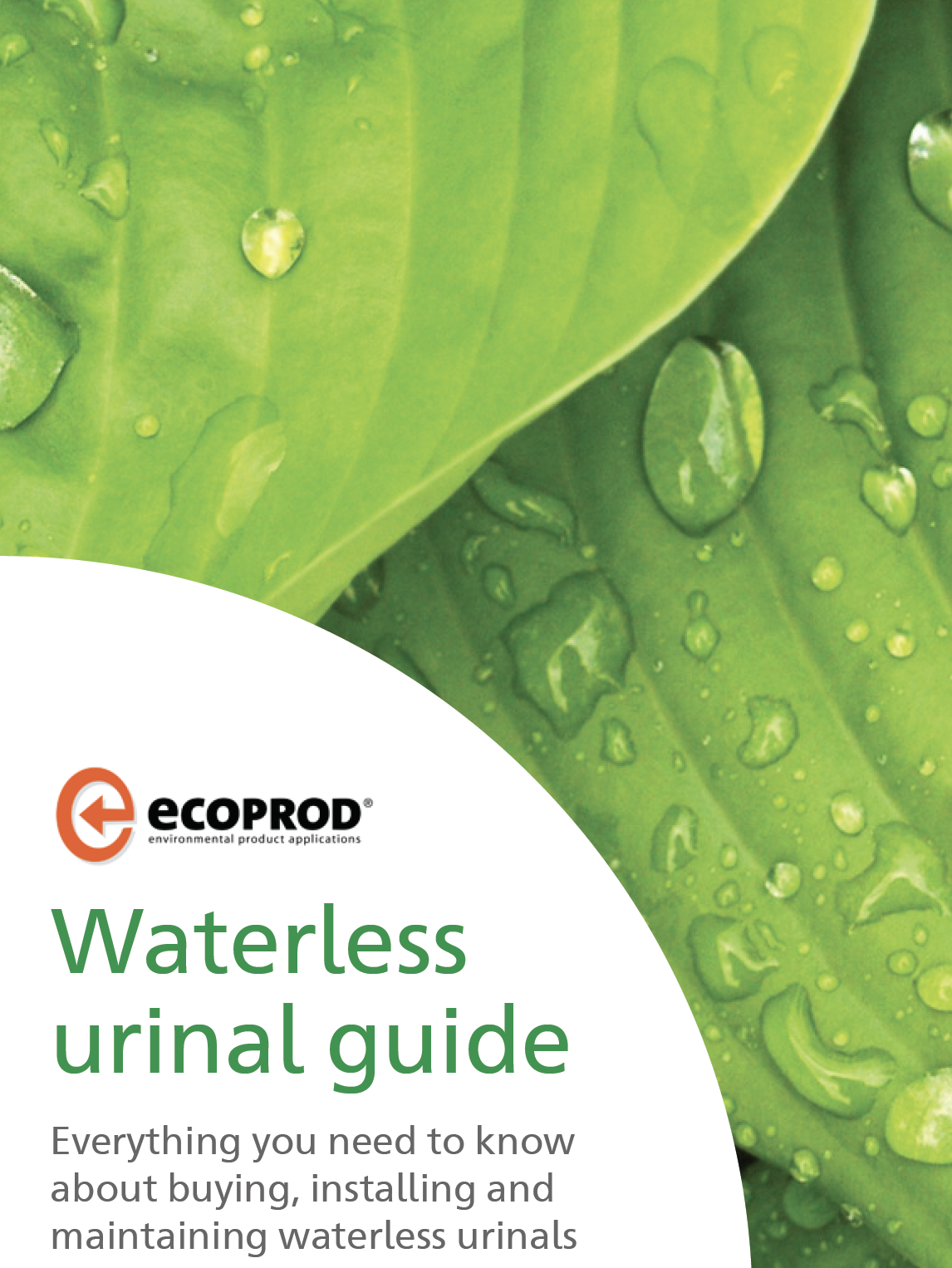
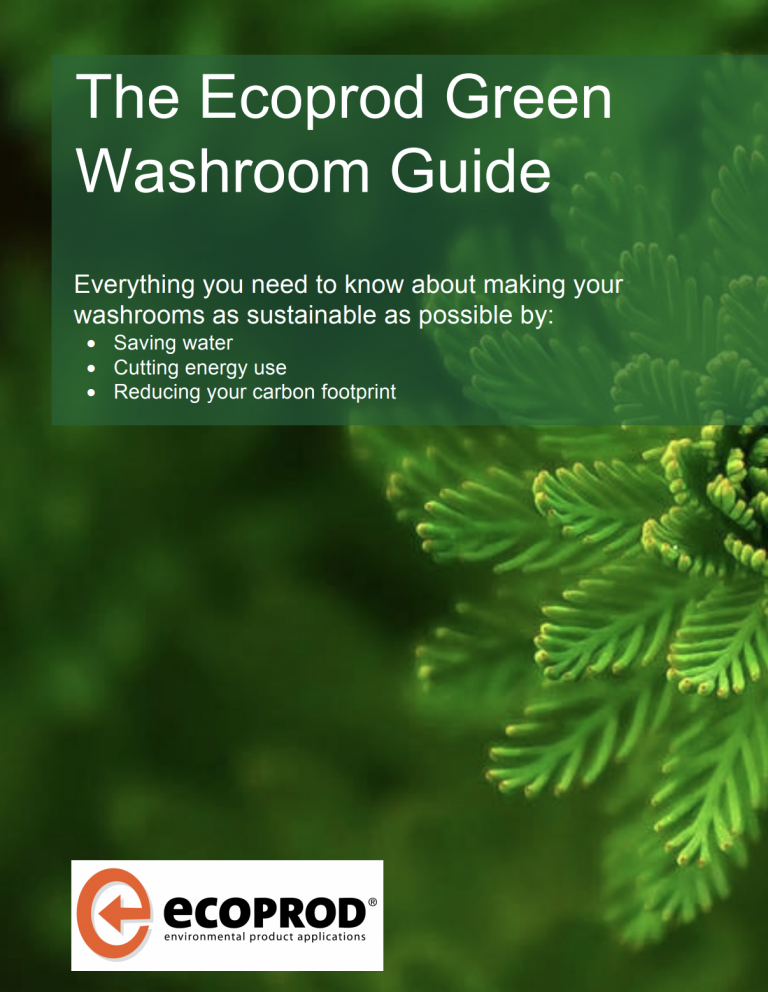
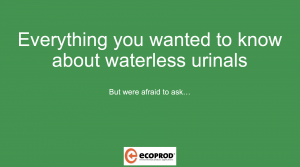
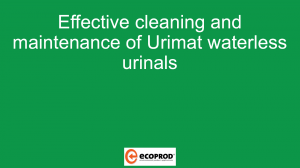





 For the last 8 years Robert Summer – Head of International Sales and Marketing – has developed structured distribution network worldwide for CONTI+ brand. The products offer great benefit for washrooms and shower rooms for public, semi-public and health sector. Today, sustainability, hygiene and smartness are key to CONTI+ solutions. Robert lives the brand and its USPs and loves to support and motivate his team on a daily basis.
For the last 8 years Robert Summer – Head of International Sales and Marketing – has developed structured distribution network worldwide for CONTI+ brand. The products offer great benefit for washrooms and shower rooms for public, semi-public and health sector. Today, sustainability, hygiene and smartness are key to CONTI+ solutions. Robert lives the brand and its USPs and loves to support and motivate his team on a daily basis.




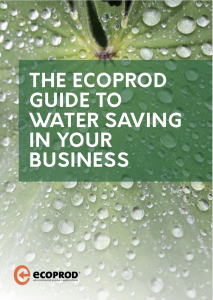
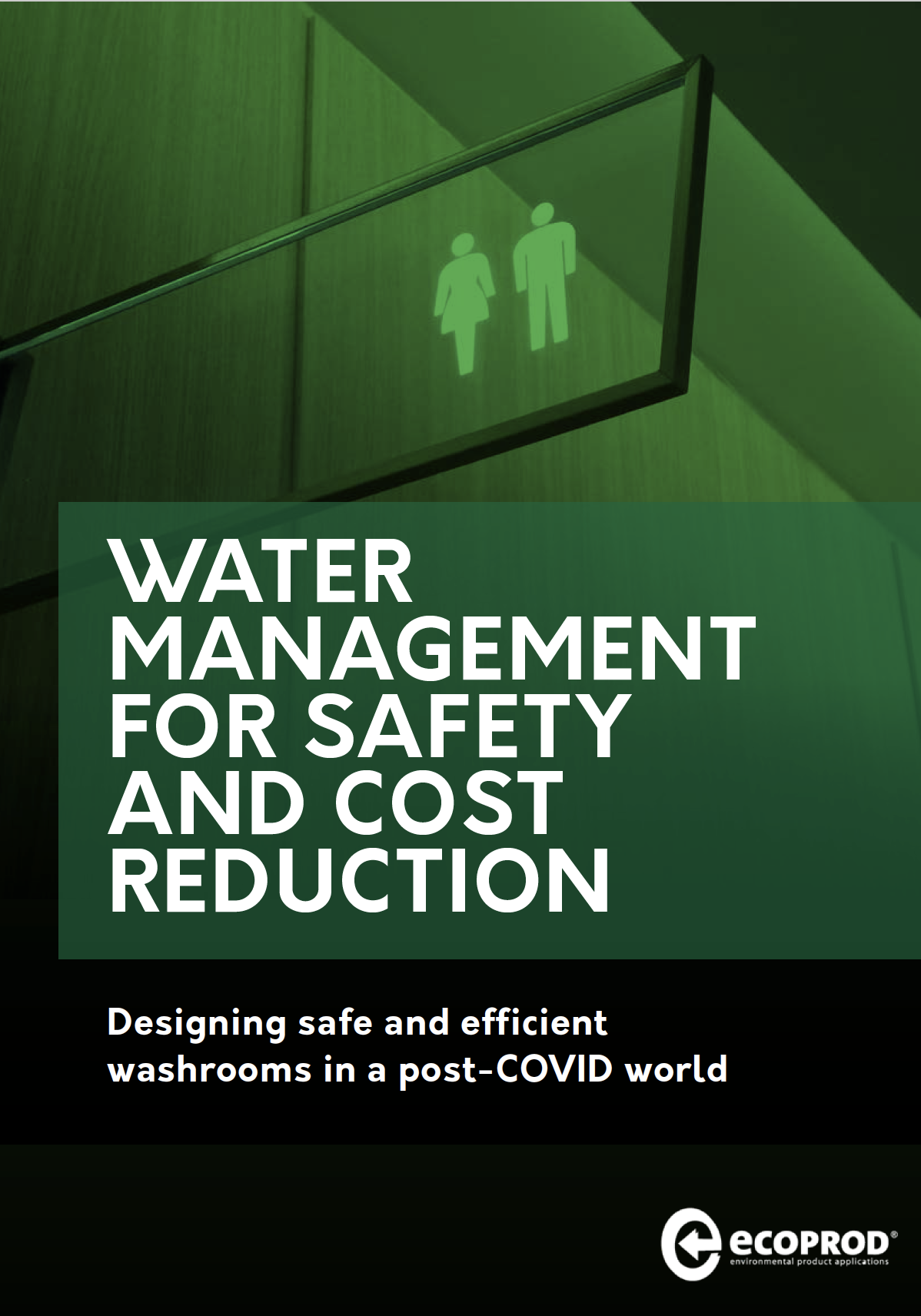

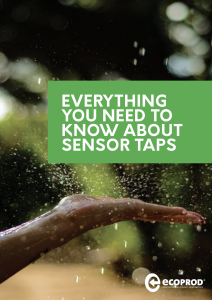
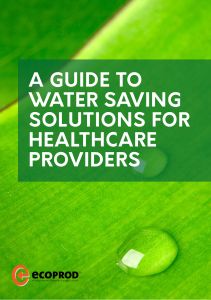
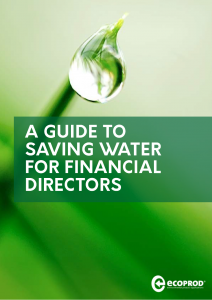
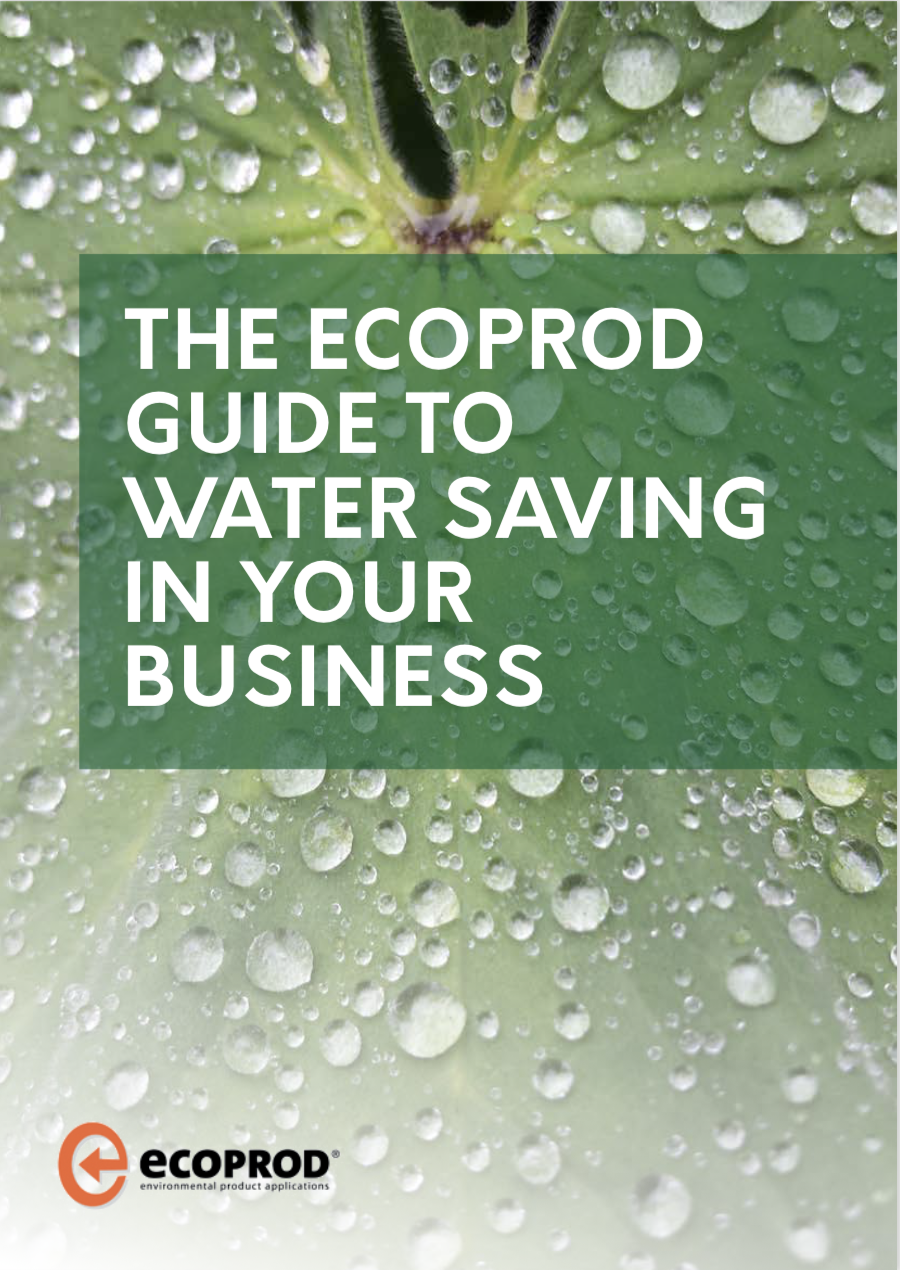
Comments are closed.